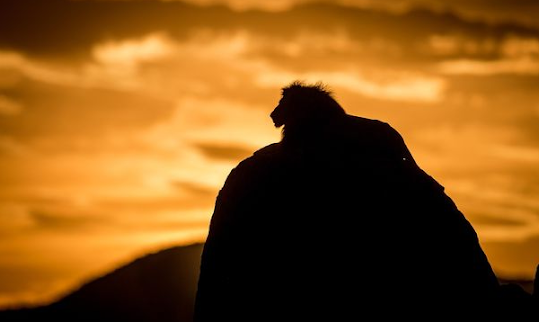One of the most revealing methods to communicate the spirit and soul of Africa, African music is almost often accompanied by another art form, such as poetry, ritual, or dance. Ugandan Journalist Emmanuel Katto confirms they understand rhythm. Some tribes utilize dance and song to impart history and social concepts using a style akin to modern theatre. Most of the time, dances were intimately associated with spirituality, ancestor worship, and religion.
It is important to remember that socioeconomic and cultural backgrounds interact within various groups in Uganda. As per Emka aka Emmanuel Katto each tribe or society has its own unique set of religious ideals. Communities organize all rituals, including dances, to worship or placate the gods, to ask for a bountiful crop before planting, on a midsummer or midwinter celebration, or simply to mark the beginning of a new lunar phase. or if rain was required. The people prayed to the gods for procreation, or they tried to placate or subdue the demons. To commemorate the circumstance and to give thanks to the gods, Emka of Uganda says everyone was asked to attend.
These dances are part of daily life; they are ancient customs passed down from generation to generation with a rich cultural background. Emmanuel Katto of Uganda, a local journalist says they can be part of a ceremony or ritual to thank the gods; a local social gathering, such as a wedding party or funeral ceremony for a notable individual; a courtship dance to unite newlyweds; a ritual dance for a boy becoming a man; or they can just be a get-together before a party. Another way to convey joy is via dance.
The East African nation's identity has long included a strong and varied dance culture. Traditional music is still prevalent despite the fact that young people prefer western music, and the expanding tourist sector has especially fostered the ongoing preservation of cultural heritage.
The following list of top performing tribes and their associated dances described by Emka Emmanuel Katto includes:
The Ekitaguriro dance of the Banyancore tribe
This dance is performed by tribal members to symbolise the Ankole people's devotion to livestock.
The Ekizino dance of the Bakiga tribe
The "court dance" was a tradition among the Kigezi people while the monarch was deciding a dispute inside the realm.
Muwogola, Baakisiima, and Nankasa dances from the Buganda tribe
The largest tribe in Uganda is called Buganda, and these dances were first performed at the court of the Buganda ruler.
Dances from the Irongo, Nalufuka, and Tamenaibuga tribe of the Basogo
These dances are performed by tribal members in eastern Uganda to symbolise peace and harmony.
The Mwanga dance of the Bagishu tribe
This dance is performed by the Bamasaba people of the eastern Ugandan highlands during the ritual circumcision.
The Akembe dance of the Iteso Tribe
It is a courting dance from the Teso area of eastern Uganda that is accompanied with mellow music.
Dances of the Runyege tribe of the Batooro
When it's time to select a companion, young members typically perform this ceremonial dance from western Uganda.
The Adungu dance of the Alur people
The young boys and girls of the tribe do this dance, which entails a rhythm of leaping.
Gaze dance of the Lubgara tribe
Young people execute this Lubgara traditional dance, which is like that of their neighbours in the Congo.
The Bwola dance of the Acholi tribe
Older men and women in northern Uganda do this circle dance to symbolize the kingdom's high wall.




